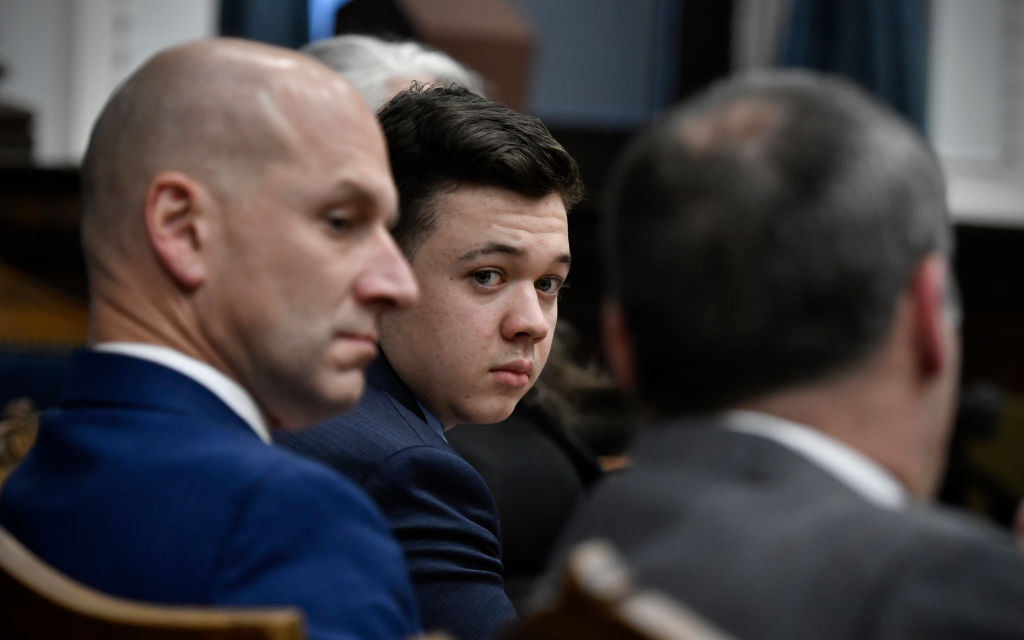Mark Richards, Kyle Rittenhouse’s criminal defense attorney, has been inundated with so many death threats that he has been forced to use his wife’s cellphone.
A Wisconsin jury on Friday found Rittenhouse, 18, not guilty in the fatal shooting of two men during protests in Kenosha last year, bringing to an end a high-profile, two-week trial that saw the intersection of self-defense, gun rights and race all in one case.
The protests took place in the aftermath of the shooting of Jacob Blake, a black man, by a white Kenosha police officer.
Richards, 59, told the Insider he “can’t count” the number of threats against his life related to the case. “It’s too high,” he said.
“By the time I left the courthouse yesterday and started answering my phone, the first three calls were death threats, and I just quit answering my phone,” Richards said.
In fact, such calls began around three weeks ago, with Richards thinking he could “fluff off” the threats, which have only increased since his client’s acquittal.
No method of communication seems safe from the intimidating tactics adopted by some people unhappy with the jury’s decision.
“I’m going through my emails,” he said. “There are threatening emails, too.”
Even shifting to using his wife’s cellphone has seen only limited success in avoiding death threats, which have also come in on her device.
“I would love for things to change, for people to talk to one another without fighting, but, unfortunately, I don’t see it changing any time soon,” he said.
Richards insists he had no political agenda in taking on Rittenhouse as a client, that his only goal was defending Rittenhouse.
“I was hired by the two first lawyers. I’m not going to use their names,” Richards told reporters on Friday, according to the Daily Mail. “They wanted to use Kyle for a cause and something that I think was inappropriate — and I don’t represent causes. I represent clients.”
The only thing that mattered, Richardson told the outlet, was “whether he [Rittenhouse] was found guilty or not.”
Rittenhouse was found not guilty of first-degree intentional homicide and four other felony charges.
Throughout the trial, Rittenhouse maintained he acted in self-defense in shooting three men — two of them fatally — who attacked him, including the sole survivor, who admitted in court to pointing a handgun at Rittenhouse before the then-17-year-old shot him in the right arm with his AR-15.
Rittenhouse shot and killed Joseph Rosenbaum, 36, after the latter chased the teen and attempted to grab his firearm.
Rittenhouse then ran away toward a police line, at which point he was chased by several other men, including Anthony Huber, 26, who struck him with a skateboard.
Rittenhouse shot Huber, killing him, before shooting and injuring Gaige Grosskreutz, 26 at the time, who was holding a pistol.
Rittenhouse faced life in prison had he been convicted on the most serious charge.
This article appeared originally on The Western Journal.
























